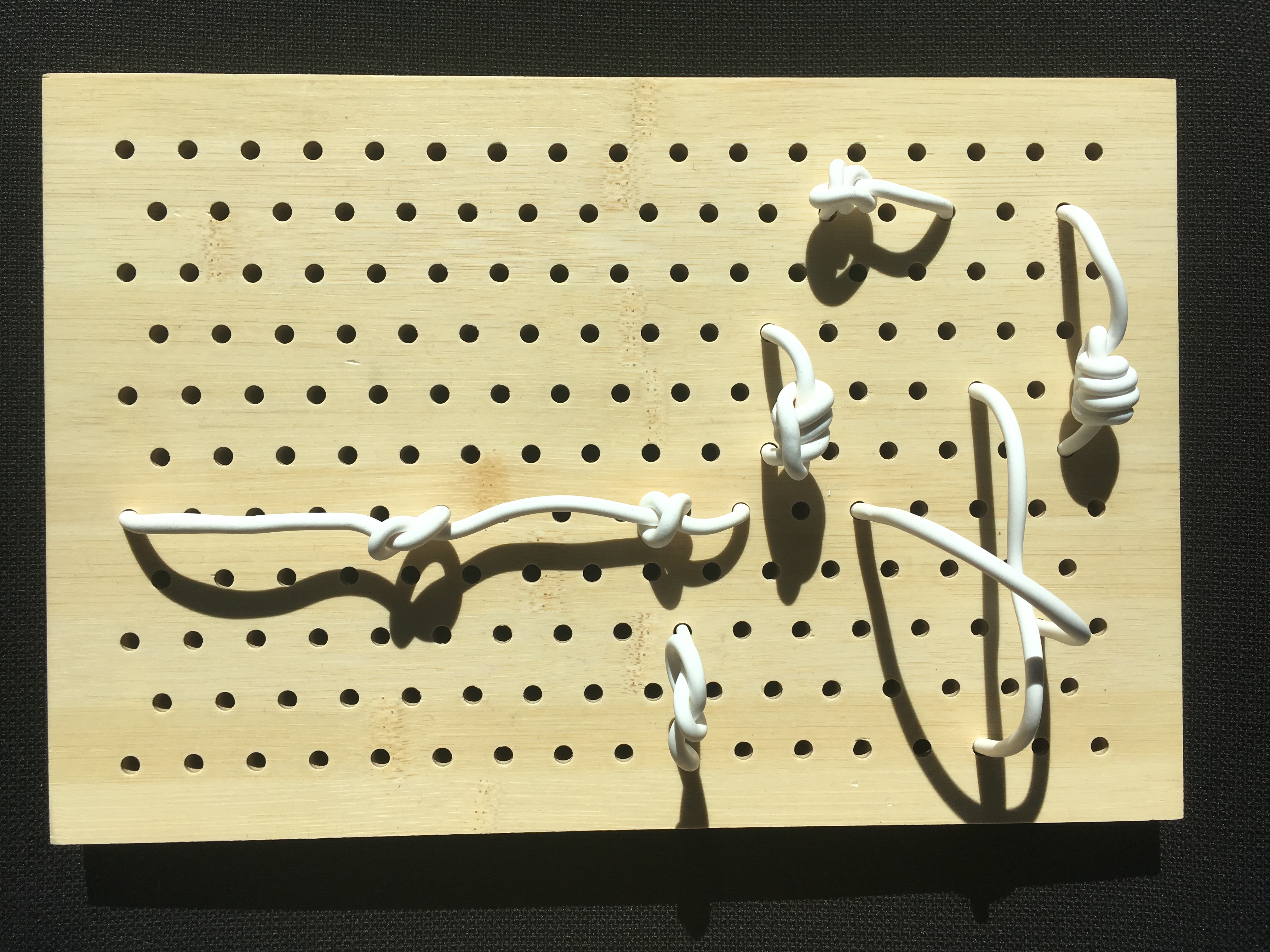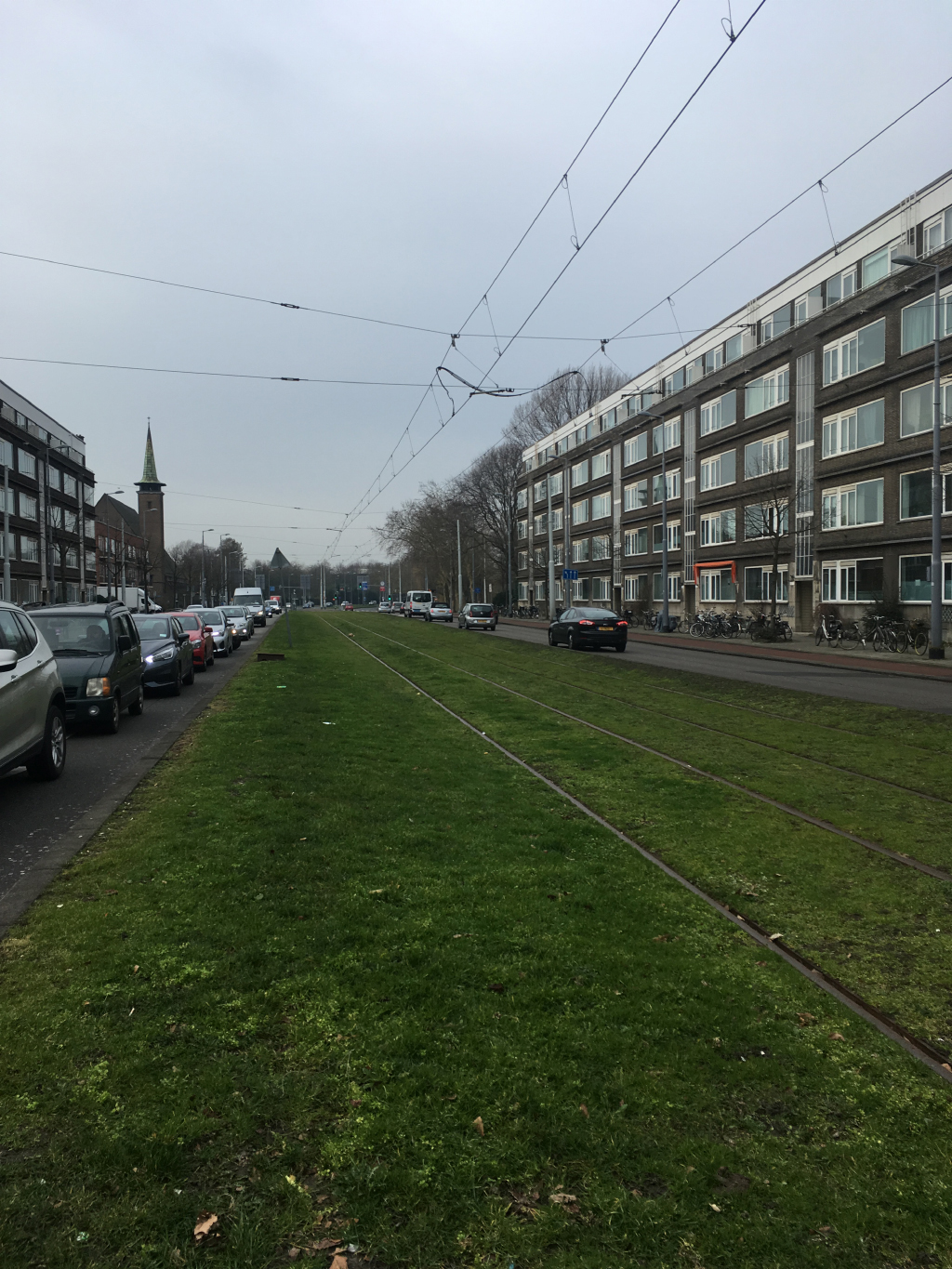Knotboard
The knotboard is a piece of wood, pre-drilled with a grid of holes. Accompanying this is an assortment of pre-made polymer clay knotted links. These links can be put into the holes in multiple configurations. By doing this, one can play with the structures of various network topologies. This is a hands-on technique for meditation on networks and a departure point for other forms of representation, including writing, drawing, and walking.




Node
In telecommunications networks, a node (Latin nodus "knot") is either a point at which data is redistributed, or a communication endpoint.
Nodocentrism
Nodocentrism is an epistemological bias in which the nodes of a network take primary focus over the connections. In his book Off the Network: Disrupting the Digital World, media scholar Ulises Alí Mejías outlines his theories of nodocentrism as the exclusionary network logic that cannot render anything except nodes, and in opposition, paranodality, the peripheral space, both inside and outside the network, which makes disidentification possible. Together, these concepts prepare the ground for decolonizing the internet by reframing ways of belonging to, and differentiating the self and the collective from, the network.
Paranodal
According to Ulises Alí Mejías, the paranodal is "the space between the nodes", and further; "This space surrounding the nodes is not blank". In his essay Liberation Technology and the Arab Spring: From Utopia to Atopia and Beyond, Mejías describes the paranodal as such; "it is inhabited by multitudes of paranodes that simply do not conform to the organising logic of the network, and cannot be seen through the algorithms of the network. The paranodal is not a utopia—it is not nowhere, but somewhere (beyond the nodes). It is not a heterotopia, since it is not outside the network but within it as well. The paranodal is an atopia, because it constitutes a difference that is everywhere."


